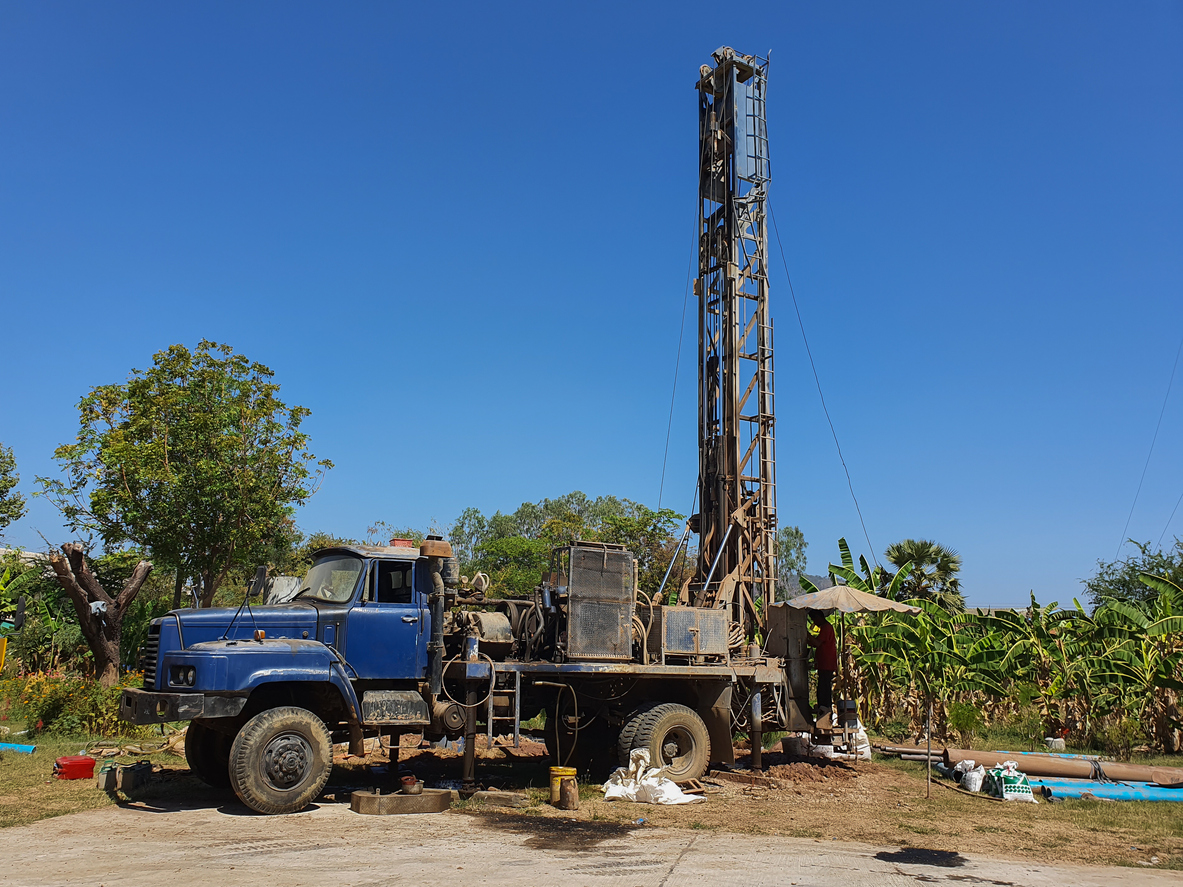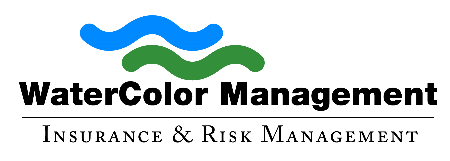
Groundwater drillers have a demanding job, which could produce unintended liabilities if things go wrong. Groundwater drilling is a necessary process that offers many benefits. These advantages include independence from a municipal water source and higher quality water. Although it has many benefits, it also comes with certain risks, and drilling professionals may be responsible for these risks.
What Can Groundwater Drillers Do to Fend Off Liability?
What are some of the things people could hold groundwater drillers liable for? Likewise, how can water treatment program insurance help groundwater drillers defend themselves from liability? Find out how groundwater drillers can reduce liabilities with groundwater insurance.
Invest in Water Treatment Program Insurance
If you insure companies conducting groundwater drilling, you already know this task can be hazardous. However, companies and drillers shouldn’t be solely responsible for this risk, and groundwater insurance coverage means that they aren’t. This type of insurance caters explicitly to groundwater engineers and geologists to address the unique risks that arise in these scenarios. For example, if a client sues a driller for contamination or other issues, this coverage may shield your clients from financial losses.
Be Careful When Phrasing Contractual Language
The language your clients write into their contracts is another critical component of risk management. If a contract with another water treatment program fails to specify liability for damages, groundwater drillers can be at risk. It’s essential for groundwater drilling companies to address potential liability by including a standard limitation of liability clause in any work contract. This clause should include pollution, injuries, and other damages.
Identify the Most Common Drilling Risks
Limiting liability in a contract is a wise move for water treatment program professionals, but it’s not the most effective way to reduce risk. Proactively identifying and minimizing hazards is the best strategy to achieve this objective. Your clients should know, for example, that equipment such as hollow-stemmed augers or direct push tools may increase the risk of fire, electrocution, or explosions. To prevent this, drillers must carefully locate underground utility lines and electrical lines before beginning a drilling project.
Partner With a Risk Management Specialist
Water treatment program specialists can also reduce risk by partnering with a risk management professional. Many industry experts specialize in identifying the potential hazards of a project or job site. They typically work on a consultancy basis, so it’s easy to enlist help for individual projects. When working with a specialist, drillers should develop a plan for handling equipment safely and responding in an emergency.
Implement a Water Treatment Program Safety Plan
There are many ways to mitigate the risk of groundwater drilling, but the best defense against disaster is to prepare for the unexpected. There is a litany of things that can go wrong during this process. The water table may suddenly sink outside the reach of the well, or wastewater may seep into it and contaminate the source. Rather than facing challenges unprepared, your clients must account for potential mishaps and implement a safety plan. It is essential for any water treatment program that conducts unsafe drilling practices.
About Watercolor Management
Watercolor Management has insured the water industry for over 30 years. Our policies include unlimited defense cost coverage in the event of a lawsuit against you. Call us at (855) 929-0824 or email info@watercolormanagement.com for a quick quote for your Water Business Professional, Products/Completed operations, Pollution and General Liability Insurance.




